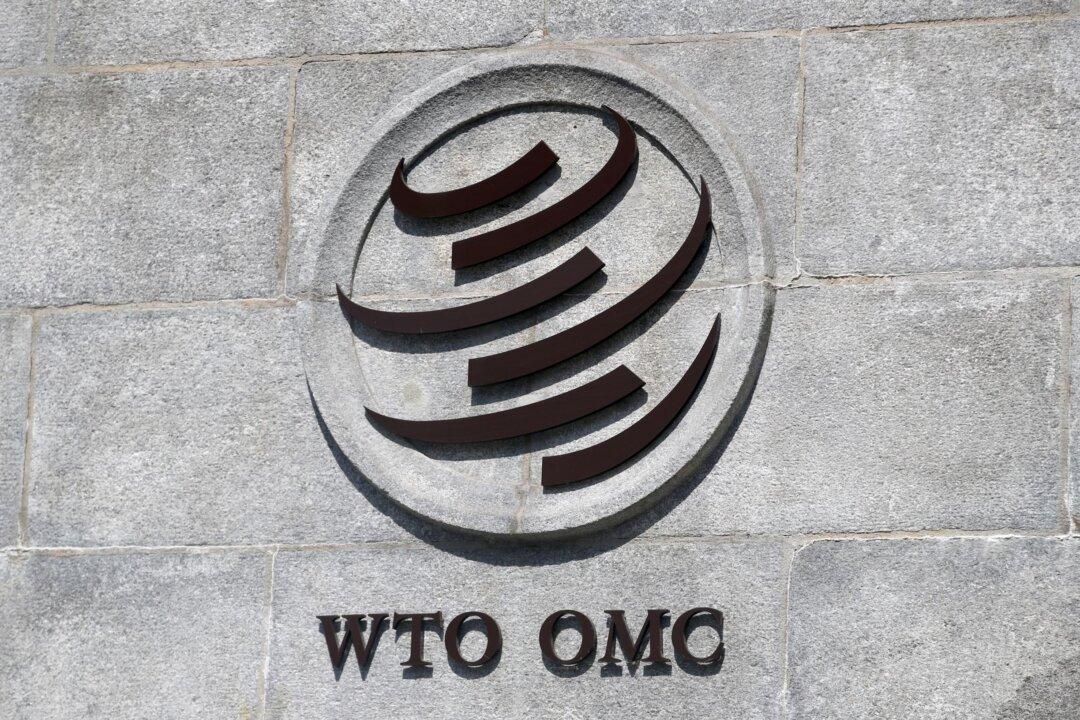The severe downturn in China’s financial markets, and Western companies’ belated realization that opportunities there are not as rosy as they had hoped, call for a deep shift in how businesses look at Asia and the prospects for doing business there, and for the reallocation of their enormous investments to more suitable markets.
That’s the view of a former Trump administration official who criticizes the Biden administration for failing to take initiative and respond to the fluid situation in China by advancing or modifying Trump’s China policies where appropriate.





